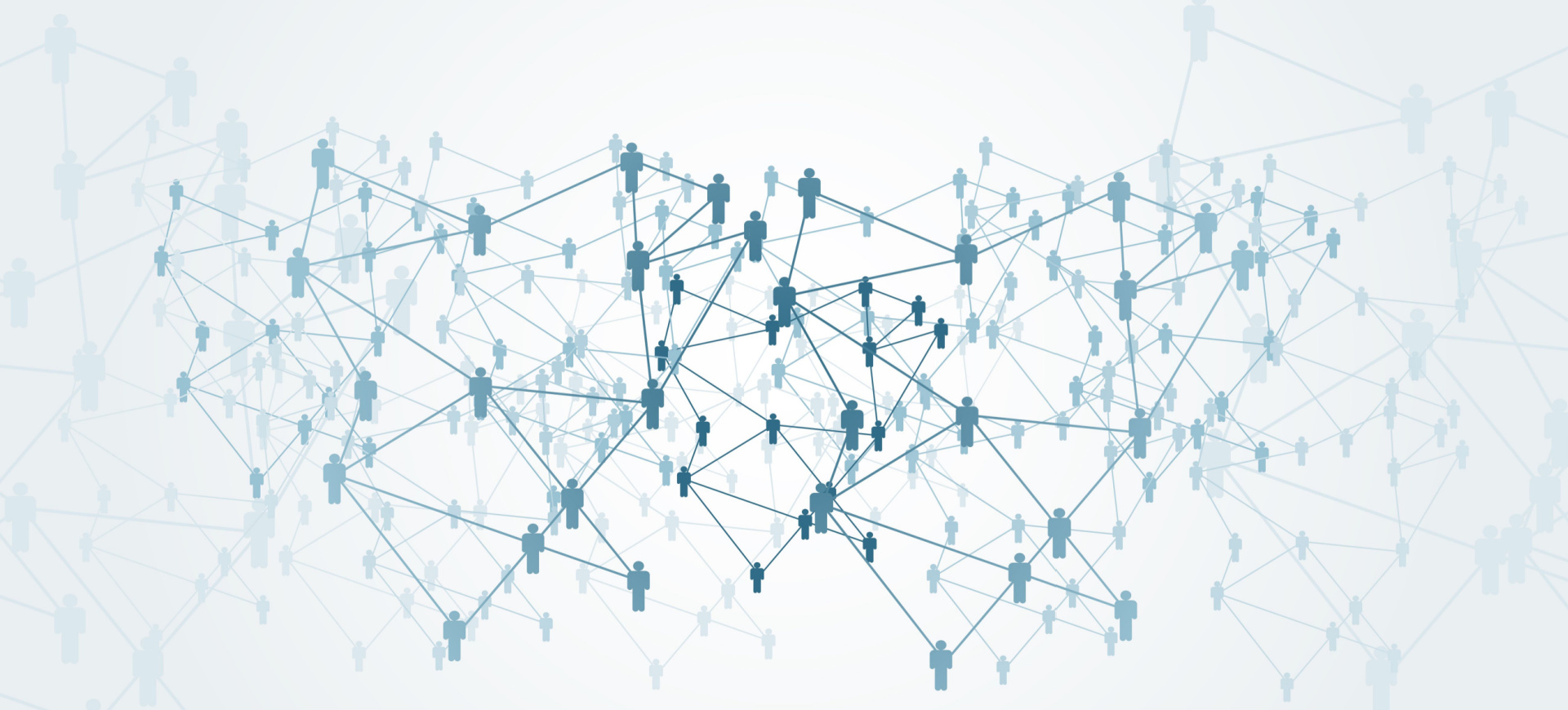Reclaiming the development agenda at the G20
As one of the key forums for international economic cooperation, the G20 is a powerful platform to share ideas and best practices on global development. The G20 has now become one of the pre-eminent global agenda-setting bodies in international relations outside formal United Nations structures. The discussions of the G20 focus on the most pressing global economic and development challenges at any given time.
South Africa’s participation in the G20 is centred on contributing to and strengthening the multilateral system. As the only African country that is a member of the G20, South Africa promotes the interests of the African continent and the wider developing world. In keeping with the decision of the African Union in February this year, South Africa continues to advocate for the AU’s membership in the G20.
We believe there is a need for Africa to be fully involved in decision-making on global political, economic, financial, security, environmental and health governance. Consequently, it is time that Africa is adequately represented at the G20 given that the group currently has five members from Europe as well as the European Union, eight countries from Asia and the Middle East, three from Latin America, and only one from Africa.
In recent times, the G20 agenda has expanded beyond economic and financial issues, and now encompasses issues of peace and security, global governance, international terrorism, the environment and refugees. The G20 is not a substitute for the UN system, and should remain an economic forum and refrain from discussing peace and security issues.
South Africa and like-minded emerging market economies at the G20 will push for the G20 to focus on its core mandate, which is on international economic cooperation and development. We need a strengthened rules-based multilateral system, predicated on international law and strict adherence to the UN Charter. Such a system must safeguard the interests of all, and not only the powerful countries.
Progress and reform
South Africa supports India, with the G20 presidency’s focus this year on sustainable development priorities, and emphasising the importance of fundamentally transforming the global financial architecture and reforming the multilateral development banks to make them fit for purpose in enabling developing countries to achieve their sustainable development objectives.
As members of the G20, we should commit to reforming the World Trade Organization to achieve rules-based, inclusive, sustainable and transparent multilateral trading systems. The Bretton Woods institutions such as the International Monetary Fund and the World Bank need to become able to address sustainable development. The multilateral development banks need to be reformed to meet the needs of developing economies for sustainable development and climate resilience. At present, multilateral support is out of reach for the majority of the world’s population, due to lending policies that are risk averse and carry onerous costs and conditionalities.
We call for continued support for developing countries, especially the most vulnerable countries, in terms of providing access to affordable, reliable, sustainable finance and modern energy, capacity-building, affordable latest technology within the public domain, mutually beneficial technology cooperation and financing mitigation actions in the energy sector.
As a country, we are guided by our Just Transition Framework and our Investment Plan that outlines the enormous scale and nature of investments needed to achieve our decarbonisation goals over the next five years. South Africa will continue to call on the G20 to support the African-led Renewable Energy Initiative to bring clean power to the continent, on African terms.
South Africa will host the G20 summit in 2025 for the first time on African soil. This presents us with an opportunity to champion the aspirations of emerging market economies and lead the development agenda of the African continent within the framework of the G20.












